Fast & Reliable Drain Block Removal in Dubai
Blocked Drain?
Fast, reliable drain clearing services. We tackle blockages quickly to restore flow.
Emergency Response
24/7 availability for urgent plumbing issues. We respond immediately when you need us most.
Professional Technicians
Certified experts with years of experience. Quality workmanship guaranteed on every job.
How It Works
A simple 3-step process to fix your drain blockage quickly and professionally.
Contact Us
Send us your location on WhatsApp or call us directly. Our team responds immediately and dispatches the nearest plumber.
Inspection & Final Quote
Our technician arrives, checks the blockage severity, and shares a clear final quote before starting. No hidden costs.
Drain Unblocking
We remove the blockage using a professional drain snake machine or high-pressure jetting. Fast, clean, and guaranteed work.
What We Fix
Professional drain unblocking solutions for homes, villas, and businesses in Dubai.
Kitchen Drain Blockage
Removing grease, food buildup, and trapped residue.
Bathroom Drain Unblocking
Clearing hair and soap residue from showers & floor drains.
Toilet Block Removal
Fixing blockages caused by wipes and foreign objects.
Shower Drain Blockage
Restoring smooth drainage by removing hair buildup.
Washing Machine Drain Blockage
Clearing lint and detergent-related clogs.
Main Sewer Line Blockage
Heavy-duty clearing for villas & commercial properties.
Balcony Drain Blockage
Removing sand, leaves, and rainwater obstruction.
Grease Trap Block Removal
Professional cleaning for restaurants and café kitchens.
What Our Customers Say
Trusted by residents and businesses across Dubai for fast, professional plumbing and drain unblocking services.
Fix It Mates responded within an hour when our kitchen drain was completely blocked. The technician was polite, fast, and explained everything clearly. Excellent service and very fair pricing.
Sarah A.
Marina, Dubai
Highly professional team. They cleared a severe bathroom blockage using a jetting machine and ensured everything was spotless before leaving. Would definitely recommend for any plumbing emergency in Dubai.
Ahmed M.
Arabian Ranches
Great experience! Booking was quick, the plumber arrived on time, and the drain issue was resolved in one visit. The price was transparent, no hidden charges. Very reliable service.
Lara P.
JLT Dubai
Frequently Asked Questions
Everything you need to know about our drain unblocking services in Dubai.
-
Drain blockages in Dubai homes are commonly caused by grease buildup, hair accumulation, food particles, wet wipes, soap residue, and sand in balcony drains. Villa properties often experience different blockage patterns compared to apartments due to larger drainage systems and outdoor exposure. Watch for warning signs like slow drainage, unpleasant odors, or gurgling sounds from your drains. If you notice any of these symptoms, it's best to address the blocked drain in Dubai promptly to prevent more serious plumbing issues.
-
For basic blockages, our technicians typically complete the job in 15-30 minutes. More severe cases or main line blockages may require 30-60 minutes, especially if high-pressure jetting equipment is needed. The time required depends on several factors including pipe length, blockage severity, and accessibility. Our experienced team will assess your specific situation and provide an accurate time estimate before beginning work.
-
Yes, we provide emergency drain unblocking service with a 60-90 minute response time across Dubai, 7 days a week. We serve all major areas including Dubai Marina, JLT, JVC, Business Bay, Palm Jumeirah, Al Barsha, and surrounding communities. When you need urgent drain block removal in Dubai, our team is ready to respond quickly and resolve your drainage emergency efficiently.
-
We use professional-grade methods including high-pressure water jetting for stubborn blockages, mechanical drain snakes and augers for deep clogs, manual extraction for accessible blockages, and CCTV camera inspection when needed to identify the exact location and cause of the problem. Our technicians select the most appropriate method based on your specific drainage issue to ensure effective and lasting results.
-
Prevent drain blockages by avoiding pouring grease or oil down sinks, using drain strainers to catch hair and debris, disposing of food waste properly instead of washing it down drains, never flushing wet wipes or sanitary products, and scheduling regular professional drain maintenance. In Dubai's climate, it's especially important to keep balcony drains clear of sand and debris. Regular maintenance can save you from costly emergency repairs and extend the life of your plumbing system.
